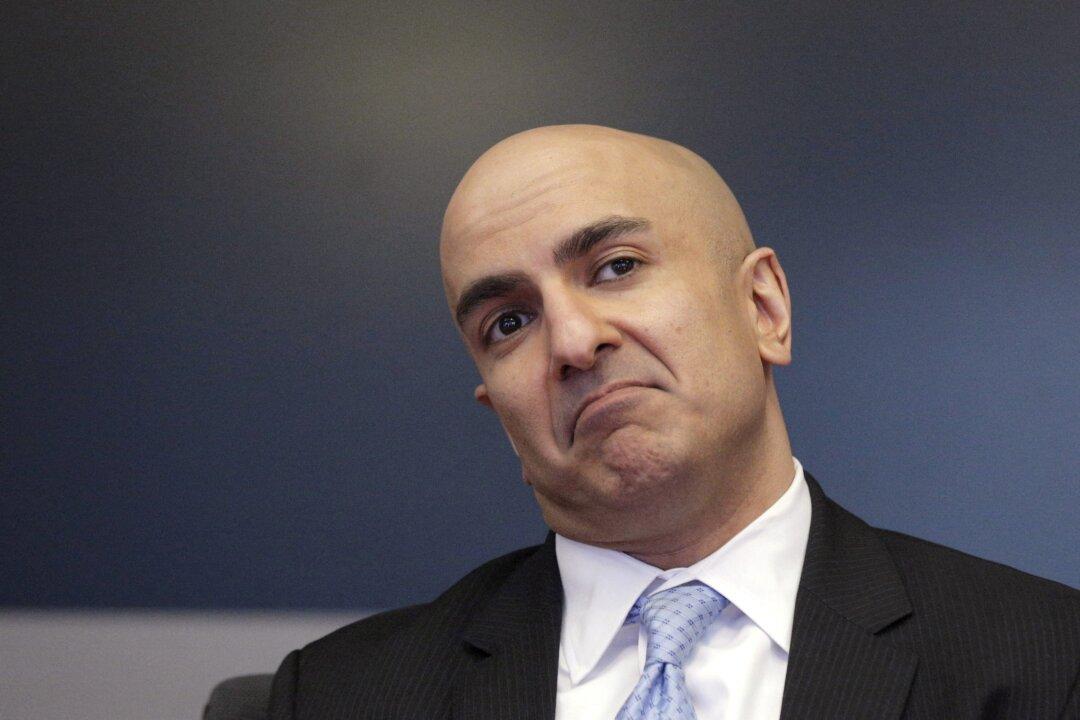Regional Federal Reserve Bank presidents are still undecided on whether there should be more interest rate hikes this year.
Federal Reserve Bank of Chicago president Austan Goolsbee and Minneapolis Federal Reserve president Neel Kashkari participated in two separate interviews over the future decision.





